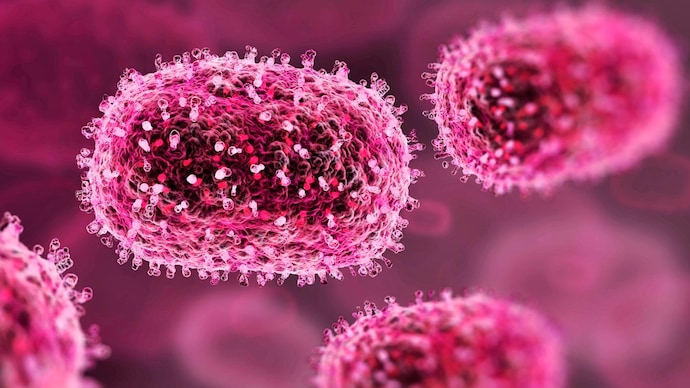
India has expressed concern over the recent global upsurge in mpox cases. All airports and land border officers have received special orders from the Union Health Ministry to maintain a close eye on all arrivals. According to the ministry’s guidelines, every arriving traveler exhibiting suspected mpox symptoms needs to be isolated.
Here are the top 10 updates on the mpox crisis as India gets ready for the latest health emergency:
1: There have been no mpox cases recorded from India thus far. However, three Khyber Pakhtunkhwa residents who returned from the UAE have been found to have the virus by neighbouring Pakistan.
2: Three hospitals in Delhi have been named as the nodal centers, per the formal guidelines released by the health ministry.
3. The patient’s quarantine centre will be these three hospitals: Lady Hardinge Hospital, Safdarjung Hospital, and Ram Manohar Lohia Hospital.
4: To assess the mpox preparedness plans, PM Narendra Modi’s principal secretary, PK Mishra, called a high-level meeting on Sunday.
5. All land ports and airports are on notice. Landports near Bangladesh’s and Pakistan’s borders are under special inspection.
6. Every state has also been requested to increase the level of surveillance within their borders.
7: Indian laboratories have been asked to get ready for the discovery of mpox. There are currently 32 labs in India that can test for the mpox infection.
8: The World Health Organisation reports that since 2022, India has recorded 30 cases of confirmed mpox infection. The last case was reported in March this year.
9: According to the WHO’s June bulletin, the US, Brazil, Spain, France, Colombia, Mexico, the UK, Peru, Germany, and the Democratic Republic of the Congo were the 10 nations that reported the largest cumulative number of confirmed cases of mpox between January 1, 2022, and June 30, 2024.
10: The latest strain of the mpox virus is different, according to a PTI report citing a health ministry official. It is significantly more virulent and contagious. The expert did note, though, that there is very little chance of a large-scale breakout in India.
